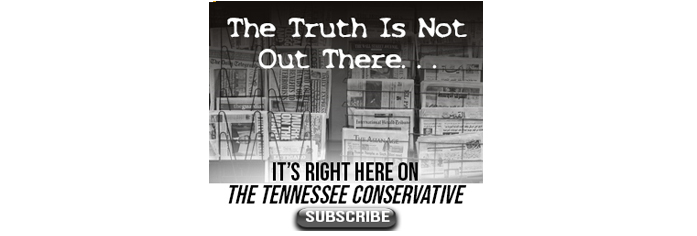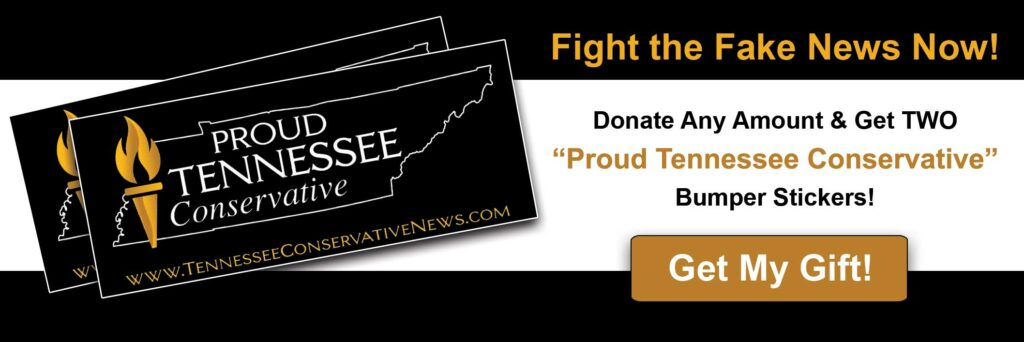Some Of The Nation’s Most Powerful Corporations Are Cutting Off Their PAC Donations To The 147 Republicans Who Objected To The Electoral College Results. The Movement Represents A Symbolic Break Between Corporate America And GOP Lawmakers But The Actual Impact Of These Company’s Pledges May Be Limited.
Photo: National Guard troops reinforce security around the U.S. Capitol ahead of expected protests leading up to President-elect Joe Biden’s inauguration, in Washington, Sunday, Jan. 17, 2021.
Photo Credit: J. Scott Applewhite / AP
Published January 20, 2021
The Center for Responsive Politics [By Karls Evers-Hillstrom]-
Some of the nation’s most powerful corporations are cutting off their Political Action Committee (PAC) donations to 147 Republicans who objected to the Electoral College Results after supporters of President Donald Trump stormed the Capitol.
The movement represents a symbolic break between corporate America and GOP lawmakers but the actual impact of these companies’ pledges may be limited.
PAC donations don’t go as far as they did in previous years due to the unprecedented influx of individual donors in recent elections.
Many companies are pausing all PAC giving during the post-election period when PACs generally don’t donate much money anyway. And companies aren’t committing to cutting off fundraisers or huge donations to political parties and super PACs that together spend billions to influence elections.
Companies cannot donate directly to candidates for federal office, but they may operate PACs funded by employees and stockholders. Companies are allowed to spend corporate funds on fundraising events and incentives to encourage their employees to donate to the PAC. Business PACs — which are affiliated with corporations and trade associations — account for most PAC giving, dwarfing PACs tied to activist groups and labor unions.
In the 2020 cycle, Republican lawmakers who objected to the Electoral College results brought in a collective $68 million from business PACs. About 16 percent of the objectors’ total 2020 fundraising came from business PACs.
Some Republican objectors would lose big if business PACs cut them off. Rep. Frank Lucas (R-Okla.) brought in nearly 80 percent of his 2020 campaign cash from business PACs. Dozens of objectors representing deep-red House seats brought in the majority of their money from business PACs.
However, a handful of Republicans no longer need PAC support. Some of Trump’s top allies in Congress have become prolific small-donor fundraisers by aligning themselves with the president. Reps. Matta Gaetz (R-Fla.), Jim Jordan (R-Ohio) and Devin Nunes (R-Calif.) each receive more than half of their campaign funds from donors giving $200 or less, drawing a constant stream of donations from Trump’s base.
PAC donations don’t buy what they used to
While election spending has exploded in the last decade, reaching unprecedented levels in the 2020 cycle, PAC giving has remained relatively stagnant. That’s in part because PACs can give just $5,000 each year, a figure that hasn’t increased in four decades even as individual contribution limits rise every two years to account for inflation. In the 2020 cycle, PACs tied to business interests donated $360 million. Individual donors tied to business interests donated $3.6 billion.
PAC donations accounted for just 5 percent of political giving in the 2020 cycle, down from 9 percent in the 2016 cycle. Meanwhile, small individual donors accounted for a record 22 percent of total fundraising.
The more expensive an election gets, the less PAC contributions matter. Through mid-December, former Sen. David Perdue (R-Ga.) raised $4.2 million from business PACs, but that figure paled in comparison to the roughly $62 million Democrat Jon Ossoff raised from small donors over the same period. The Georgia Senate race saw a record-smashing $472 million in total spending. Those numbers will increase when the candidates file their final campaign finance reports.
While some companies are pulling corporate PAC donations from Electoral College objectors, many more are freezing donations to all candidates. Several well known companies, including Facebook, Microsoft and American Airlines, said they would pause all PAC donations during the first three months of the year. That likely won’t make a huge difference, as PACs aren’t their most active in the first months after an election.
Roughly 9 percent of business PAC giving in an average two-year election cycle comes in the first three months of a non-election year. They give about 16 percent of their cash in the second quarter of an election year and 19 percent in the third quarter of an election year. The majority of businesses pledging to freeze PAC donations haven’t said how long the self-imposed ban would last.
PACs are just one way business interests give
Business interests have a variety of ways to boost their preferred lawmakers. They hold fundraisers for candidates where executives make maximum individual contributions. They can give unlimited sums to outside groups or write six-figure checks to political party committees.
Business interests haven’t said they would cut off funds to the National Republican Senatorial Committee, run by Sen. Rick Scott (R-Fla.), who objected to Pennsylvania’s presidential election results. GOP operatives doubt donors would stop bankrolling the powerful party committee, which raised $295 million in the 2020 cycle.
“None of this is going to affect any of us,” Hubbard Broadcasting CEO Stanley Hubbard, a donor to Scott and the NRSC, told the Tampa Bay Times this week. “We’re going to support the politicians that we think will help our country.”
Few individual billionaires who run deep-pocketed corporations have committed to ending their political donations. Financial services firm Charles Schwab announced Wednesday it would discontinue its PAC, which gave $460,000 to candidates in the 2020 cycle. No such commitment came from the firm’s chairman, Charles Schwab, who contributed over $14 million to Republican political committees in 2020.
Thanks to the Supreme Court’s Citizens United decision, corporations and individuals may give unlimited sums to outside groups such as super PACs that spent a record $2.9 billion to influence the 2020 election. Although most corporations stay away from super PACs, some use their profits to make direct seven-figure donations.
Oil industry giant ConocoPhillips, which said it would suspend all PAC contributions for six months, makes massive donations to the top GOP super PACs. The company gave $1 million to the Senate Leadership Fund and $250,000 to the Congressional Leadership Fund, each of which helped elect Republicans who ultimately objected to states’ election results. Another oil company freezing its PAC contributions, Marathon Petroleum, gave $500,000 and $1 million to the two GOP super PACs this cycle, respectively.
Business interests swearing off PAC contributions have also bankrolled “dark money” groups that helped elect Republicans who ultimately objected to states’ results. The Pharmaceutical Research and Manufacturers of America, a trade association backed by the most powerful pharmaceutical companies, told STAT it would cease PAC contributions to the Republican objectors.
The organization’s PAC gave roughly $144,000 to Republican candidates last year. But the group’s $4.5 million donation to GOP dark money group American Action Network in 2019 was far more significant. The nonprofit aired multiple seven-figure ad campaigns boosting House Republicans over their proposed drug pricing bill. American Action Network also gave over $29 million to the Congressional Leadership Fund.
CVS Health is also reevaluating corporate PAC giving. The healthcare giant disclosed giving $700,000 to One Nation, the leading dark money group supporting Senate Republicans, in 2019. One Nation gave nearly $63 million to the Senate Leadership Fund during the 2020 cycle.
Since 501(c)(4) nonprofits like One Nation are generally not required to disclose their donors, the American public is left to rely on information voluntarily publicized by the companies. According to the Center for Political Accountability, 59 percent of companies on the S&P 500 choose not to disclose their donations to 501(c)(4) groups, leaving open the possibility that major corporations are making their donations under the table to avoid public scrutiny.





